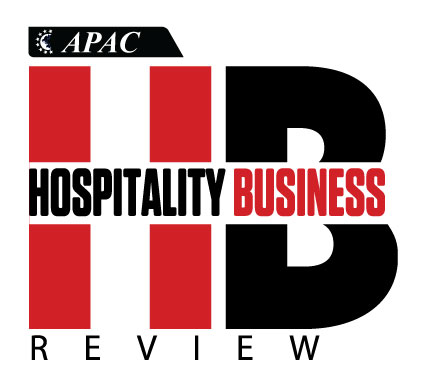Thank you for Subscribing to Hospitality Business Review Weekly Brief
Flexible Staffing Models: The New Backbone of Hotel Workforce Strategy
Hospitality Business Review | Friday, February 27, 2026
The hospitality sector, characterized by its unwavering dedication to guest experience, is currently undergoing a significant paradigm shift in its approach to workforce management. Traditional, inflexible staffing paradigms are progressively being supplanted by more adaptable and responsive flexible staffing models. This evolution represents not merely a reactive measure to market volatility but a strategic imperative, enabling hotels to prosper amidst an environment of continually evolving consumer preferences and economic fluctuations. Consequently, flexible staffing is no longer a marginal consideration but is rapidly emerging as the fundamental framework for a robust and forward-looking hotel workforce strategy.
Understanding the Variability of the Hospitality Industry
The fundamental driver behind this shift is the inherent variability of the hospitality industry. Occupancy rates can ebb and flow dramatically, influenced by seasonality, local events, and broader economic trends. A flexible workforce allows a hotel to scale its staffing levels up or down in direct response to these fluctuations. This adaptability ensures that the correct number of staff with the right skills are available at the proper times, optimizing labor costs without compromising on the quality of service. During peak periods, a hotel can seamlessly augment its core team to meet heightened demand, ensuring that every guest receives the attentive service they expect. Conversely, during quieter times, the workforce can be scaled back, preventing overstaffing and the associated financial strain.
Stay ahead of the industry with exclusive feature stories on the top companies, expert insights and the latest news delivered straight to your inbox. Subscribe today.
Enhancing Guest Experience Through Agility
This operational agility translates directly into a more consistent and elevated guest experience. When a hotel is appropriately staffed, every touchpoint of the guest journey, from check-in to housekeeping to dining, is managed efficiently and professionally. Guests are not left waiting at the front desk due to a shortage of receptionists, nor do they find service in the restaurant slow because the food and beverage team is stretched thin. A well-managed, flexible workforce ensures that service standards are not only met but consistently exceeded, thereby fostering guest satisfaction and loyalty. By having the ability to bring in specialized skills as needed, hotels can also enhance their offerings for specific events or cater to unique guest requirements, further personalizing the experience.
Beyond the significant operational and guest-centric advantages, flexible staffing models are reshaping the employee experience for the better. The modern workforce increasingly values autonomy and a healthy work-life balance. Flexible work arrangements, such as part-time schedules, on-demand shifts, and cross-training opportunities, empower employees with greater control over their professional lives. This can lead to higher job satisfaction, increased motivation, and a more engaged and productive team. A positive and supportive work environment, where employees feel their personal needs are respected, cultivates a stronger sense of loyalty and reduces turnover, a persistent challenge in the hospitality sector.
The Role of Technology in Workforce Management
A strategic and holistic approach underpins the successful integration of flexible staffing models. It begins with a deep understanding of the hotel's unique demand patterns, leveraging historical data and predictive analytics to accurately forecast staffing needs. This data-driven approach allows for proactive workforce planning rather than reactive hiring. Building a diverse talent pool is another crucial element. This includes a core team of full-time employees who embody the brand's culture and values, supplemented by a reliable network of part-time, temporary, and on-call professionals.
Technology plays a pivotal role in the seamless management of a flexible workforce. Modern workforce management systems enable efficient scheduling, real-time communication, and streamlined payroll processes. Mobile applications allow employees to view their schedules, request extra shifts, and communicate their availability, fostering a sense of empowerment and engagement. These technological tools not only enhance operational efficiency but also provide valuable data and insights that can be used to refine staffing strategies further.
Maintaining a consistent brand identity and high service standards with a flexible workforce requires a robust training and development framework. A comprehensive onboarding process that instills the hotel's core values and service standards in all team members, regardless of their employment status, is essential. Cross-training programs not only provide greater flexibility in staff deployment but also offer employees opportunities for skill development and career growth. By investing in the continuous training of the entire workforce, hotels can ensure that every team member is a true ambassador of the brand.
The integration of flexible staffing models signifies a pivotal transformation in the hotel industry's approach to human capital management. This strategic departure from rigid, standardized structures fosters a more efficient and employee-centric framework. By adopting flexibility, hotels can navigate market unpredictability with enhanced agility, consistently deliver exceptional guest experiences, and cultivate a more engaged and motivated workforce. As the hospitality landscape continues to evolve, entities that have established their workforce strategy upon the robust and adaptable foundation of flexible staffing will be optimally positioned for sustained success and expansion.
More in News



